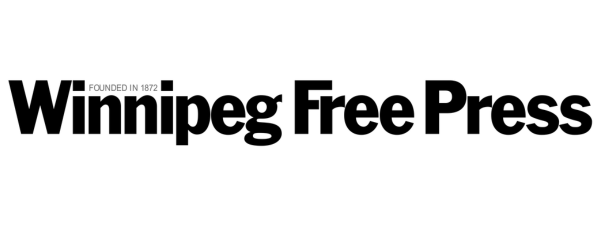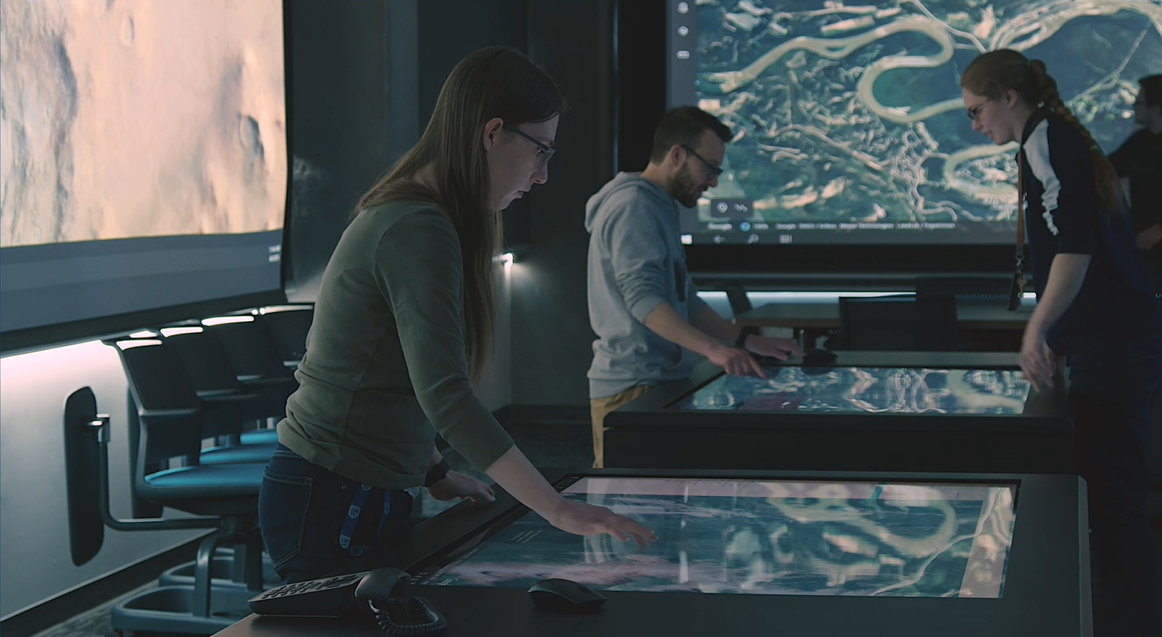In The Career Arts: Making the Most of College, Credentials & Connections, Ben Wildavsky explores the skills and experiences that best position learners for today’s world of work. Drawing on research, interviews and personal insights, he notes that today’s graduates increasingly require a combination of higher education credentials, hands-on experiences and a diverse network to navigate their careers.
Given alignment with the polytechnic model of education, we are delighted to have Ben Wildavsky attend the 2025 Polytechnic Showcase as our closing keynote. In addition to a complimentary copy of Wildavsky’s book, delegates will learn about his newest work which explores global approaches to flexible skills development and lifelong learning. Wondering what to expect? Here’s a brief summary of The Career Arts, which is divided into three sections.
Read More > “Book Summary: The Career Arts: Making the Most of College, Credentials & Connections by Ben Wildavsky”





